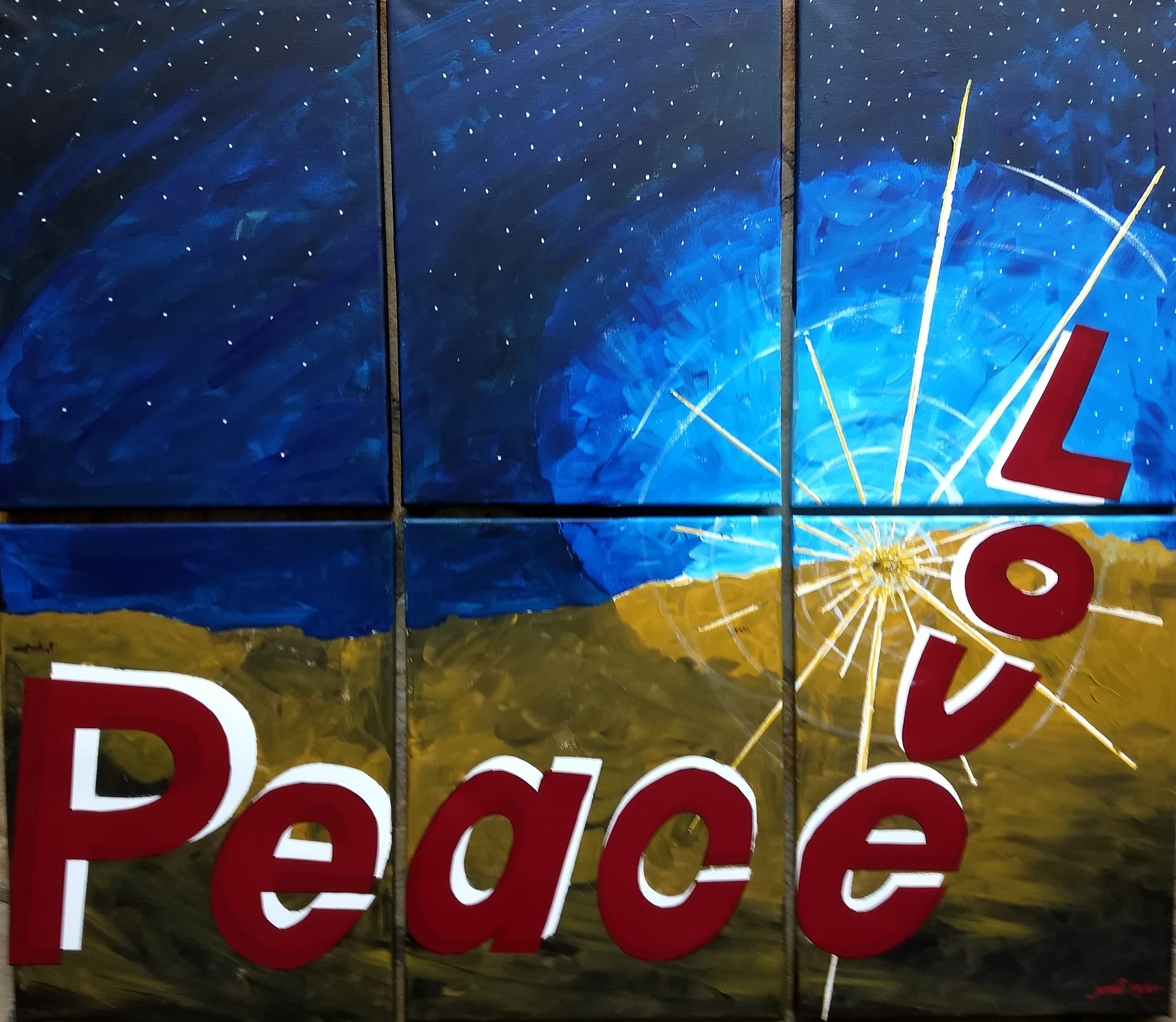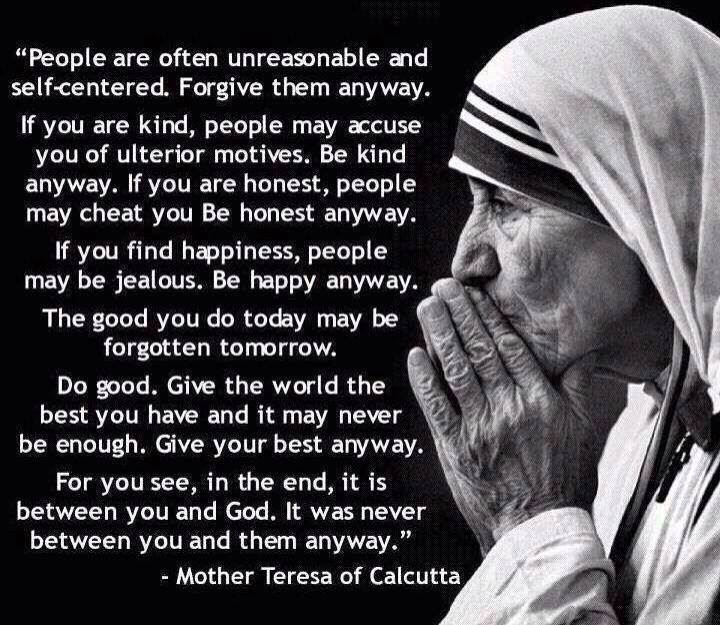Second Sunday of Easter
“… he breathed on them and said to them, ‘Receive the Holy Spirit. Whose sins you forgive are forgiven them.’” Jn. 20/21
If there is a single word permeating all the scenes depicting the risen Jesus, the one that stands out above all the others is forgiveness.
From his very first spoken words, “Peace be with you,” to his very last, the risen Jesus speaks only of reconciliation and mercy.
Remember who he’s speaking to – the people who abandoned him, betrayed him, denied him, deserted him – the people who said: “I do not know the man.”
And yet in scene after scene of Jesus’ appearances to these same people after he had risen, he never once reprimands them or shames them or seeks vengeance of any kind. Instead, everything is about forgiveness.
The scene described in today’s gospel is a perfect example. Forgiveness is so much a part of who the risen Jesus is that he speaks of it in terms of the air we breathe. He breathes the Holy Spirit upon them, as if to say that the most essential part of who we are to become is to be people of forgiveness.
“As the father has sent me, so I send you.”
All is well. No need for recriminations or vengeance. Only peace. Only forgiveness.
Now these same people who abandoned and betrayed him are to be the messengers of his forgiveness and mercy and peace!
And so are we.
Because Jesus informs them – and us – that through the Spirit we have been given the same power that he has: the power to forgive, to heal, and to transform one another. “Whose sins you forgive are forgiven them ….”
As the gospels tell it, Jesus came to this power through the horrors of a crucifixion. Notice how he reminds his disciples of that when “he showed them his hands and his side.” This is how Jesus came to the place of peace and forgiveness in his life – through indescribable suffering, through wounds – wounds that he transformed into grace and forgiveness and love.
What Jesus is telling us in today’s gospel is that we can do the same. We have the power to forgive, to liberate one another as well. And it’s our own suffering, our own heartaches and tragedies and wounds – physical or emotional – that will enable us to do this.
That’s why Jesus invites Thomas to place his hands into his wounds. And that’s when Thomas comes to see that Jesus is for real, that he’s not a ghost, that he’s the same Jesus of Nazareth reborn, revitalized, resurrected.
It’s the wounds that did it for Thomas. And it’s our own wounds that can do it for us. It’s those very hurts and betrayals and abandonments and heartaches that we have suffered that can transform us and make us into messengers of peace and forgiveness and mercy.
Or not.
I say that because the other side of the coin is “whose sins you retain are retained.” We also have the power of refusal. It’s our choice.
But, if you’ve ever had the experience of revealing your own hurts to another and had them accepted with tenderness; if you’ve ever had the experience of disclosing private pain and had it met with genuine care; if you’ve ever had the experience of being humbled by the knowledge of your own self-righteousness or pettiness and discovered forgiveness, you know what a grace it is, and how transforming it can be.
That’s what stunned Thomas.
He was the doubter, the denier, the cynic. He was among the ones who had fled the scene. He was the one who wasn’t around when Jesus first revealed himself.
And yet he is met with no reprimand, but only with the naked truth of what real love and acceptance is all about. And Thomas is astonished – astonished to the point of falling to his knees and saying: “My Lord and my God.”
That’s what forgiveness does. It changes us.
And this is where today’s second reading comes into play. How do we do this kind of forgiving? How do we overcome all the anger and hate and meanness that exists in our hearts?
We do it through the community. We do it by leaving our isolation behind and joining with others who can help us carry the burden in our heart. We do it by sharing in the “teaching of the apostles,” and the “breaking of bread,” and the “prayers,” as the second reading tells us.
In other words, we do it by doing what Thomas did in today’s gospel. He came out of his isolation; he joined the community of believers; he expressed the depth of his hurt and his lack of faith; and through all that he met his Lord and his God.
This is what the Eucharist is about to this very day. It’s about bringing us all together, and together acknowledging our lack of faith, together admitting the existence of our wounds, together experiencing forgiveness for all our sins, and together meeting the Lord again through the scriptures and the sacred meal we call the Mass.
The hope is that we will leave re-vitalized and re-born in the Spirit.
And the way we’ll know that happens is by being able once again to breathe the air of the Spirit, to breathe the air of forgiveness and peace in everything that we do.
We’ll know that happens when we become a people whose personal crucifixions become resurrections.
Ultimately, we’ll know that happens when you and I are able to fall to our knees and say with Thomas: “My Lord and my God.”
Ted Wolgamot, Psy.D.
NOTE: Hans Kung, a Roman Catholic theologian and priest who wrote more than 50 books, died this week at the age of 93. The most prominent theologian influencing the Second Vatican Council, Fr. Kung was noted for his outspoken criticism of the Catholic Church’s stances on birth control, priestly celibacy, the ordination of women, mixed marriages, homosexuality, abortion, the meaning of hell and much else. His relentless challenges to the church hierarchy caused his critics to call him the greatest threat to the church since Martin Luther. One Vatican expert has written that his impact on the Second Vatican Council was such that every proposal he made at the Second Vatican Council was accepted, some in modified form, in the council’s final documents. Another Vatican expert said of him, “Never again would a theologian have such influence.” As Dr. Kung said of himself in his book, Disputed Truth, “I will fight to the end for a church which despite all possible errors bears witness to the truth of the gospel, open to the honest debate of disputed questions and well prepared to enter into truthful dialogue with the various religions, philosophers, and cultures.” That he did eminently.
May he rest in peace.

SISTER RACHEL’S QUOTE OF THE WEEK




